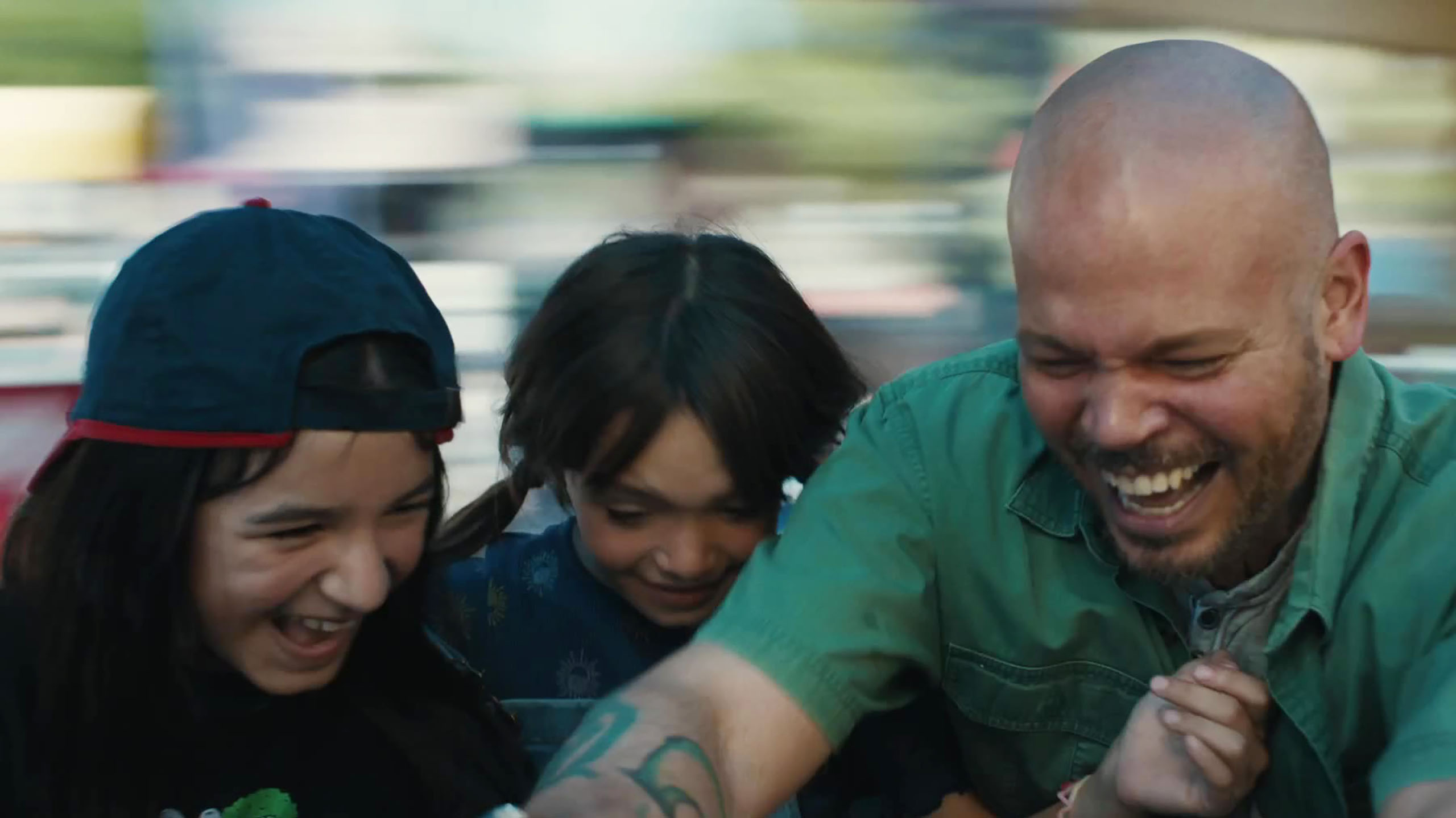
Of all the film fests hit hard these past four years, none took it on the chin quite like the Sundance Film Festival.
First, there was the planned switch from in-person to virtual in 2021. Then, an eleventh-hour scuttle yielded the same for 2022. The 2023 festival looked like the new normal — a hybrid of in-person and virtual screenings — but then came dual strikes from the Screen Actors Guild and the Writers Guild of America, hampering the 2024 movies in development and production.
That might begin to explain why so many of the entries I saw at the 40th Sundance Film Festival — which wrapped on Jan. 28 in Park City, Utah — felt somewhat light, even incomplete. Or maybe it was sheer coincidence in my picks. It can be hard to tell which titles in a 140-plus slate of features and shorts will be talked about for years to come and which will vanish into the cinematic ether.
Still, there were those gems one comes to Sundance to find. Top among them, In the Summers, which won the U.S. Grand Jury Prize in the Dramatic Competition.
Written and directed by Alessandra Lacorazza and anchored by an excellent performance by René Pérez Joglar — also known as the musician Residente — In the Summers follows two daughters, Violeta and Eva, and their relationship with their somewhat estranged father, Vincente (Joglar), who lives miles away in Las Cruces, New Mexico.
Lacorazza sets her narrative over four summers spanning 15 years, which necessitates three different pairs of actors to play the siblings (each pairing as good as the previous) but works wonders against Joglar, who plays the father in all four sections. As Violeta and Eva grow and become completely different people, Vincente remains more or less the same, just with more gray hairs in his beard and lines around his eyes. The weight of missed opportunities is evident.
There’s a strong whiff of autobiography to In the Summers, which gives the otherwise quiet movie a profundity that would be hard to manufacture otherwise. The same is true for India Donaldson’s Good One, which follows 17-year-old Sam (Lily Collias) on a backpacking trip through Upstate New York with her father (James Le Gros) and his friend (Danny McCarthy).
The two middle-aged men bring humor to Good One’s script, in addition to regret and a shroud of tension that Sam navigates deftly — though not without lingering questions.
Sundance is known for launching the careers of independent filmmakers, and there is little doubt that once In the Summers and Good One hit theaters and streaming services, Lacorazza and Donaldson will get the attention they deserve — even if that attention pales in comparison to the loud and eye-catching headlines documentaries like Love Machina and Eternal You are bound to invoke. Both are about artificial intelligence, and both discuss the possibility of using generative A.I. to overcome mortality. Your body may die, but your mind will live on forever.
Sounds lofty, sure, but Love Machina (directed by Peter Sillen) and Eternal You (directed by Hans Block and Moritz Riesewieck) are convinced that this science fiction will soon be science fact — if it isn’t already. That raises a whole mess of questions, each one poked at with glee by the directors of their respective docs.
Unfortunately, that’s also where they stop. Eternal You shares more of the darker aspects of where A.I. might lead, but Block and Riesewieck are as light on answers as Sillen is in Love Machina.
And that seemed to be the overarching theme of Sundance 2024: provocation without resolution. You can feel it in Eternal You and you can feel it in Good One. You can feel it in Power (Yance Ford’s documentary about policing in the U.S.), Between the Temples (Nathan Silver’s dramedy about a young cantor and his much older bat mitzvah student) and you can really feel it in Àlex Lora Cercós’ The Masterpiece, which won the Short Film Grand Jury Prize.
Then again, that might be where we are these days. We know we have a problem, and we know what that problem is. Solving it, well, that’s still beyond our grasp.
